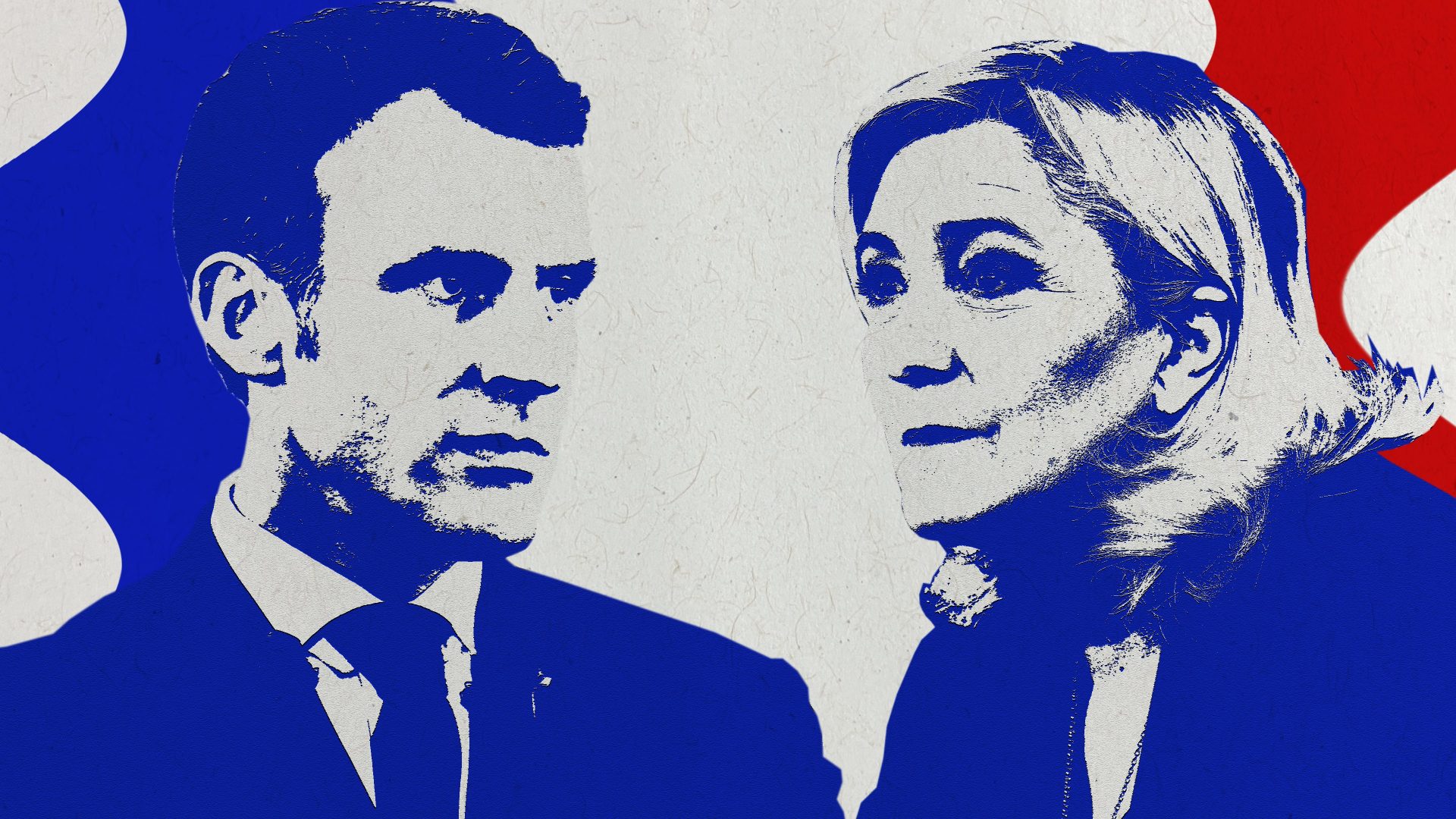Something is rotten in the state of France. The best that can be said after the first round of voting in the presidential elections is that they could have been worse, just.
Yes, Emmanuel Macron emerged victorious. Yes, his margin over Marine Le Pen was slightly bigger, at 27.6% against her 23.4%, compared with 2017. But to draw comfort from this would be to miss the wider point.
Well over half of French voters (or at least those who bothered to show up) – indeed nearly two-thirds – voted for candidates of the extremes. The parties of the centre-left and centre-right have all but disappeared, leaving the incumbent as the last man standing for a politics broadly defined as pro-liberal and pro-European.
Macron has two weeks to turn things around. That is both a short and a long time. Many voters seemingly have yet to engage with the campaign and may be receptive to short-term messaging. He must summon a new voice to engage with them, or at least enough of them, to get him over the line. It doesn’t come naturally to him, though.
Even his supporters admit that the president has a particular penchant for riling his citizens. There is something about the globalised suave centrist – think Macron, think Tony Blair – that brings 21st-century voters out in a rash in a way that uncouth self-styled populists do not.
The key date is expected to be April 20, the only televised debate of the campaign. Last time around Le Pen flunked badly. She is a much sharper operator now. Can Macron engage with viewers on the cost-of-living and energy crises, the two areas where his opponent has hit home? Can he persuade them that, with Eric Zemmour out of the race, Le Pen is the real danger to democracy? Can he scratch the sore spot that are her links with Vladimir Putin, something that she has so far managed to deflect?
The biggest question of all is: can he rely on those same voters who last time opted for him not out of allegiance or affection, but for fear of something worse? That was what Joe Biden managed to do in 2020 in the face of the Trump menace, but he too will struggle second time around.
And even if Macron does scrape through, what new and reassuring ideas does he have to offer on the domestic front, with parliamentary elections to take place only a month later?
Centrists across Europe and the wider West are struggling as much as ever to come up with the answer to the nativist-populist threat. Olaf Scholz snuck through between two unconvincing candidates in Germany’s elections last September, an impressive result given that the death knell had long been sounded for social democracy. A month ago, Scholz stunned politicians at home and abroad with a historic shift in Berlin’s policy towards Russia. But, like Biden, and Sir Keir Starmer (still languishing in opposition), in style and substance he struggles to convince.
With some opinion polls registering the final round in Paris as too close to call, Macron needs to find a way of connecting on the domestic agenda. If he prevails, it will be thanks to millions of French holding their nose when entering the ballot box. His bigger challenge – thinking optimistically it is also his opportunity – is to revive a politics of moderation, for France and the wider West, before it is too late.












